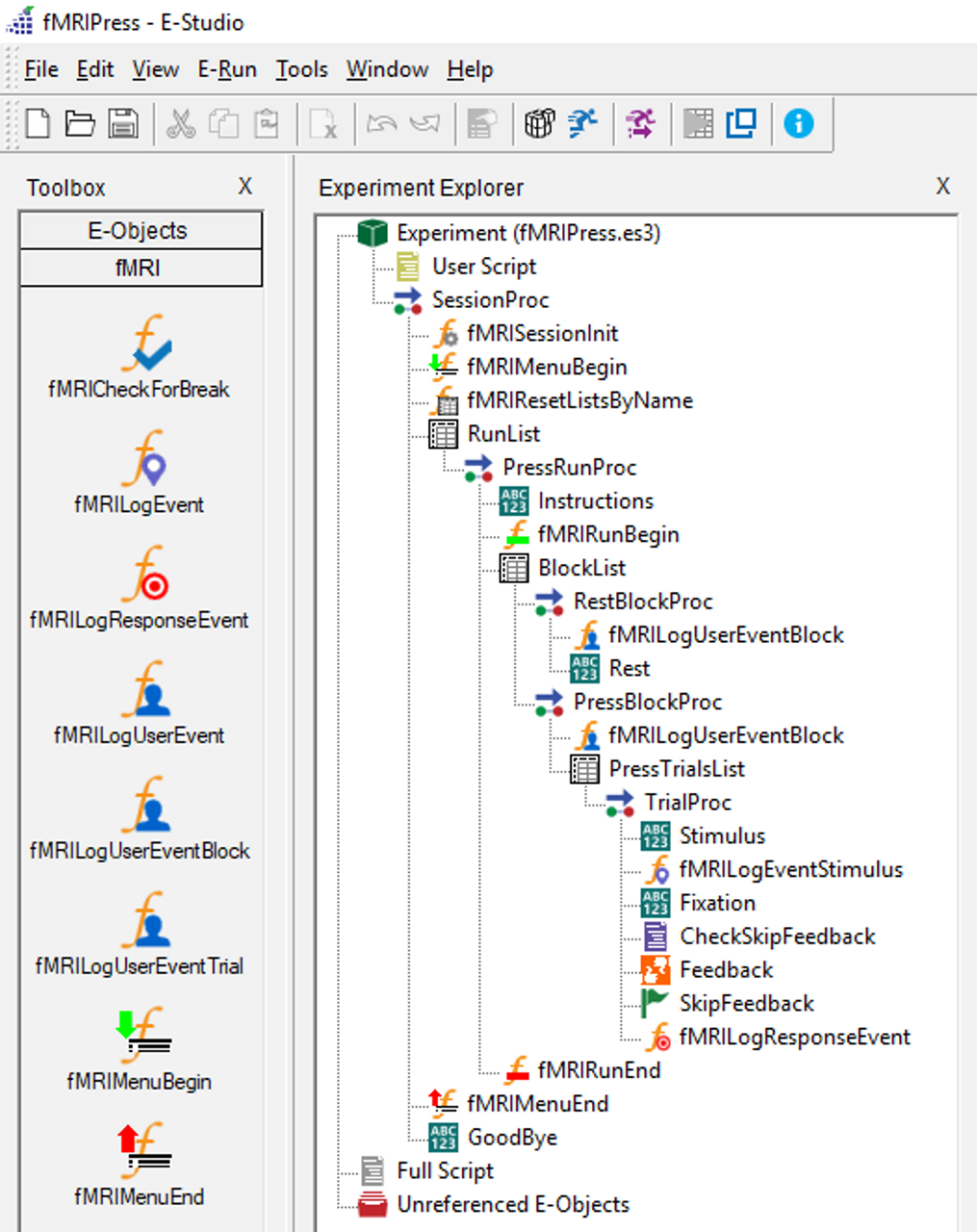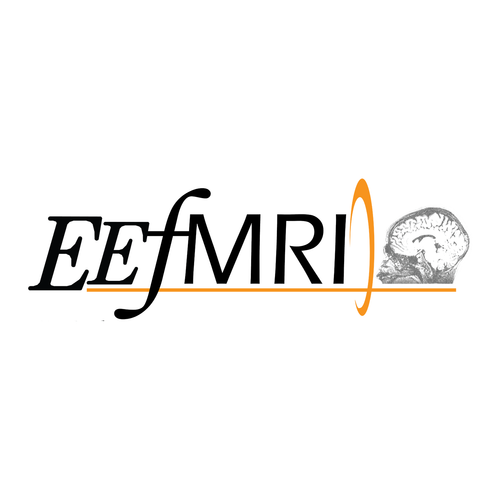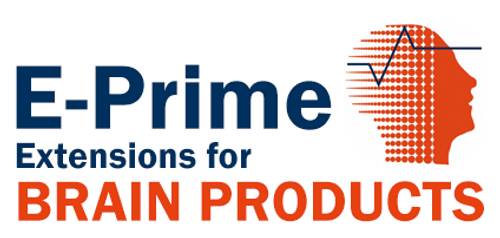Product Description
E-Prime Extensions for fMRI 3.0 (EEfMRI) Single-User License. Permits experiment design on one machine at a time as well as data collection on one machine at a time (the machine at the MRI scanner).
Required: E-Prime 3.0
EEfMRI includes several features to make fMRI experiment development, data collection, and analysis of fMRI data easier. Some of those features are:
- A built-in PackageCall that allows for a drag-and-drop element that can be positioned at the start of the experiment to synchronize the experiment with the scanner trigger pulse
- Easier logging of experimental events that are time-locked relative to the scanner trigger which makes for significantly easier data analysis
- A pre-built menu system that lets the experimenter group a battery of tasks together in a single experiment rather than forcing the experimenter to close/open E-Prime tasks at the end of each run to choose a different paradigm, which saves time in the scanner
- Using the pre-built menu system, allows the experimenter to stop/restart tasks in a controlled way rather than losing all data from an entire run by exiting the task
- A pre-built E-Prime experiment called MapperOne based on a cited and published fMRI research that produces robust and reliable regional activations. This experiment can be used to collect data directly from the task, but most importantly is completely editable. This allows any user to take the basic structure of the task and insert their own tasks into the battery and/or remove existing tasks to fit with the research study. This gives the researcher the ability to start from an “ideal” experiment structure in E-Prime, rather than having to completely start from scratch. The experiment contains the following block-level tasks:
- a visual task designed to activate the occipital cortex
- a bimanual motor task designed to activate motor areas
- a verb generation task designed to activate speech processing areas
- an n-back task designed to activate areas associated with working memory and executive function
- an emotional pictures task designed to provoke strong emotional responses that typically activate limbic structures.
 USD
USD
 GBP
GBP
 AUD
AUD
 RUB
RUB
 KRW
KRW
 EUR
EUR
 CNY
CNY
 ILS
ILS
 JPY
JPY
 CHF
CHF
 TWD
TWD
 PLN
PLN
 SEK
SEK
 SAR
SAR
 LAK
LAK
 BRL
BRL
 PEN
PEN
 TRY
TRY
 CAD
CAD
 IDR
IDR
 KZT
KZT
 MXN
MXN
 NOK
NOK
 EGP
EGP
 BZD
BZD
 PKR
PKR
 MYR
MYR
 HRK
HRK
 BGN
BGN
 NZD
NZD
 HUF
HUF
 DKK
DKK
 PHP
PHP
 CZK
CZK
 ZAR
ZAR
 ZMW
ZMW
 THB
THB
 BDT
BDT
 TZS
TZS
 UAH
UAH
 UGX
UGX
 MUR
MUR
 NPR
NPR
 LKR
LKR
 QAR
QAR
 ETB
ETB
 AED
AED
 RSD
RSD
 BHD
BHD
 VND
VND
 GYD
GYD
 MMK
MMK
 ISK
ISK
 NGN
NGN
 SCR
SCR
 XPF
XPF
 MKD
MKD
 GTQ
GTQ
 BSD
BSD
 JMD
JMD
 HNL
HNL
 PYG
PYG
 Barbadian Dollar
Barbadian Dollar
 Yemeni Rial
Yemeni Rial
 Aruban Florin
Aruban Florin
 Dominican Peso
Dominican Peso
 Solomon Islands Dollar
Solomon Islands Dollar
 Cambodian Riel
Cambodian Riel
 Bolivian Boliviano
Bolivian Boliviano
 Omani Rial
Omani Rial
 Kenyan Shilling
Kenyan Shilling
 Trinidad & Tobago Dollar
Trinidad & Tobago Dollar
 Malagasy Ariary
Malagasy Ariary
 Nicaraguan Córdoba
Nicaraguan Córdoba
 Botswanan Pula
Botswanan Pula
 Cayman Islands Dollar
Cayman Islands Dollar
 Papua New Guinean Kina
Papua New Guinean Kina
 Rwandan Franc
Rwandan Franc















